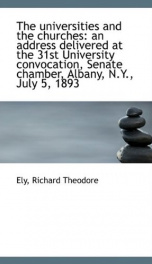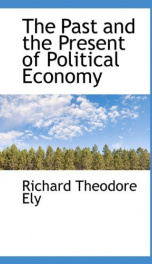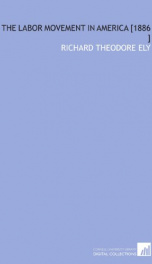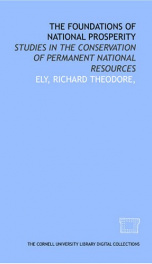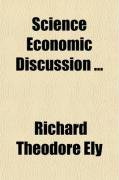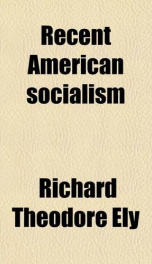monopolies and trusts
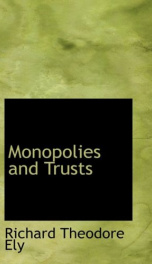
This book deals with the Social Monopolies: patents, copyrights, etc.; Special privilege monopolies: those based on public and private favoritism and the Natural Monopolies: those arising form a limited supply of raw material, from properties inherent in the business and those arising from secrecy. Social monopolies are often called artificial monopolies, and in the author's previous works they are so called; but the term social monopolies appears to be a better term than artificial monopolies, because the work artificial carries with it a certain criticism, which anticipates the argument concerning their effects. It is preferable to discuss them hereafter and find out whether they are objectionable or not. The term natural monopolies is a convenient designation, and has become so widely accepted that it could not easily be changed. We may also have mixed monopolies, as where a political unit owns monopolistic property, which is managed by a private person, or where a private person owns monopolistic property, which is managed by a public agency. --This text refers to an alternate Paperback edition.
Info about the book
Author:
Series:
Unknown
ISBN:
1171758502
Rating:
3.5/5 (1)Your rating:
0/5
Languge:
English
Users who have this book
Users who want this book
What readers are saying
What do you think? Write your own comment on this book!
write a commentGenre
if you like monopolies and trusts try:
Other books by this author
Do you want to read a book that interests you? It’s EASY!
Create an account and send a request for reading to other users on the Webpage of the book!

